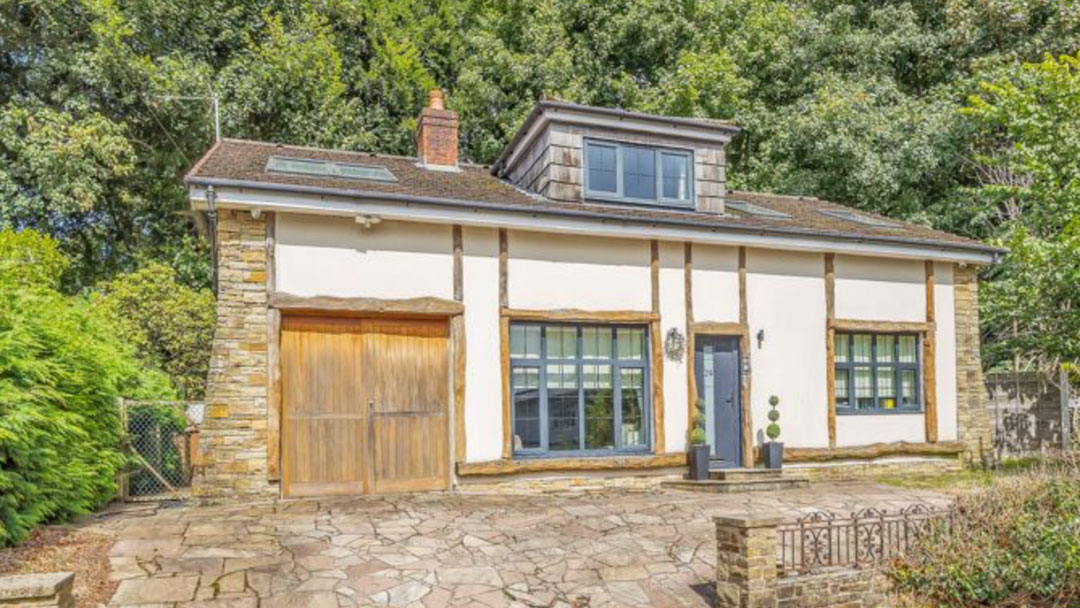Introduction
Have you found yourself renting out a property due to unforeseen circumstances rather than a planned investment? You’re not alone. This guide covers 7 essential considerations to help you become a successful ‘accidental’ landlord.
Understanding Accidental Landlords
An ‘accidental landlord’ is someone who rents out a property due to circumstances rather than a deliberate investment decision. Common scenarios include:
Moving in with a partner
Inheriting a property
Temporarily relocating for work
Needing to move but struggling to sell a home
If any of these situations apply to you, renting out your property can be a good source of extra income. However, there are important legal steps to follow. Here’s a 7-step guide to help you start your journey as a successful ‘accidental’ landlord.
Step 1: Check the Mortgage
First, determine if your property has a mortgage. If it’s a standard residential mortgage, inform your lender about your intention to rent it out. Failure to do so could breach your mortgage terms, leading to increased interest rates, back-payments, fines, or even a demand for full repayment.
Your lender might:
Grant ‘consent to let,’ allowing you to keep your residential mortgage temporarily, usually with higher interest rates and additional fees.
Require you to switch to a buy-to-let mortgage, which has different criteria, including rental income levels and loan-to-value ratios.
Consult a buy-to-let mortgage broker to explore your options and secure the best deal for your situation.
Step 2: Review Lease Restrictions or Covenants
If your property is leasehold, check the lease for any clauses that restrict letting or specify tenant types. Possible restrictions include:
Only owner-occupiers can live in the property
Only single individuals or family units can rent the property
Prospective tenants must be approved by the freeholder
Ensure you understand these restrictions and inform your prospective tenants accordingly.
Step 3: Seek Tax and Legal Advice
Rental income is subject to tax, and property tax laws can be complex. Consult a property legal expert and a tax consultant specialising in buy-to-let to manage your property and profits efficiently. Planning for future property decisions, such as selling or passing it on, can significantly impact your profitability.
Step 4: Check the Energy Efficiency Rating (EPC)
All rental properties must have a minimum ‘E’ rating on their Energy Performance Certificate (EPC). The government plans to raise this requirement to ‘C’ by 2025. Consider making energy efficiency improvements now, such as upgrading insulation, installing double glazing, or updating the boiler, to meet future standards.
Step 5: Consult a Professional Letting Agent
Even if you plan to manage the property yourself, a professional letting agent can help you navigate the complex legislation governing rentals. They can expedite the process of getting your property ready for rent and offer ongoing benefits such as:
In-depth knowledge of the local rental market
Reliable systems for advertising, referencing, and maintenance
Membership in professional bodies, ensuring high standards
Acting as a buffer between you and the tenant in case of disputes
Step 6: Ensure Health and Safety Compliance
As a landlord, you must prioritise the health and safety of your tenants. Key obligations include:
Ensuring the property is fit for habitation
Installing fire safety measures
Conducting periodic gas and electrical safety checks
Providing an effective heating system
Addressing risks like damp, mould, and trip hazards
Securing the property
Understand all legal obligations and invest in necessary changes to ensure compliance, especially if the property is an HMO.
Step 7: Consider Refurbishment
Successful letting hinges on attracting quality tenants and securing good rent. If your property isn’t modern or recently refurbished, you may need to invest in updates or new furnishings. Research similar rentals or consult a local agent to understand what tenants seek and make your property as appealing as possible.
Get In Touch
Letting a property involves navigating various legal and practical challenges. If you’re an accidental landlord looking to rent out your property, contact us for guidance on the local market and help to ensure your rental is successful now and in the future.
Reach out to us today at 01706 356633 or enquiries@reside.agency, and we’ll arrange a consultation to help you with your first steps to being a landlord.






